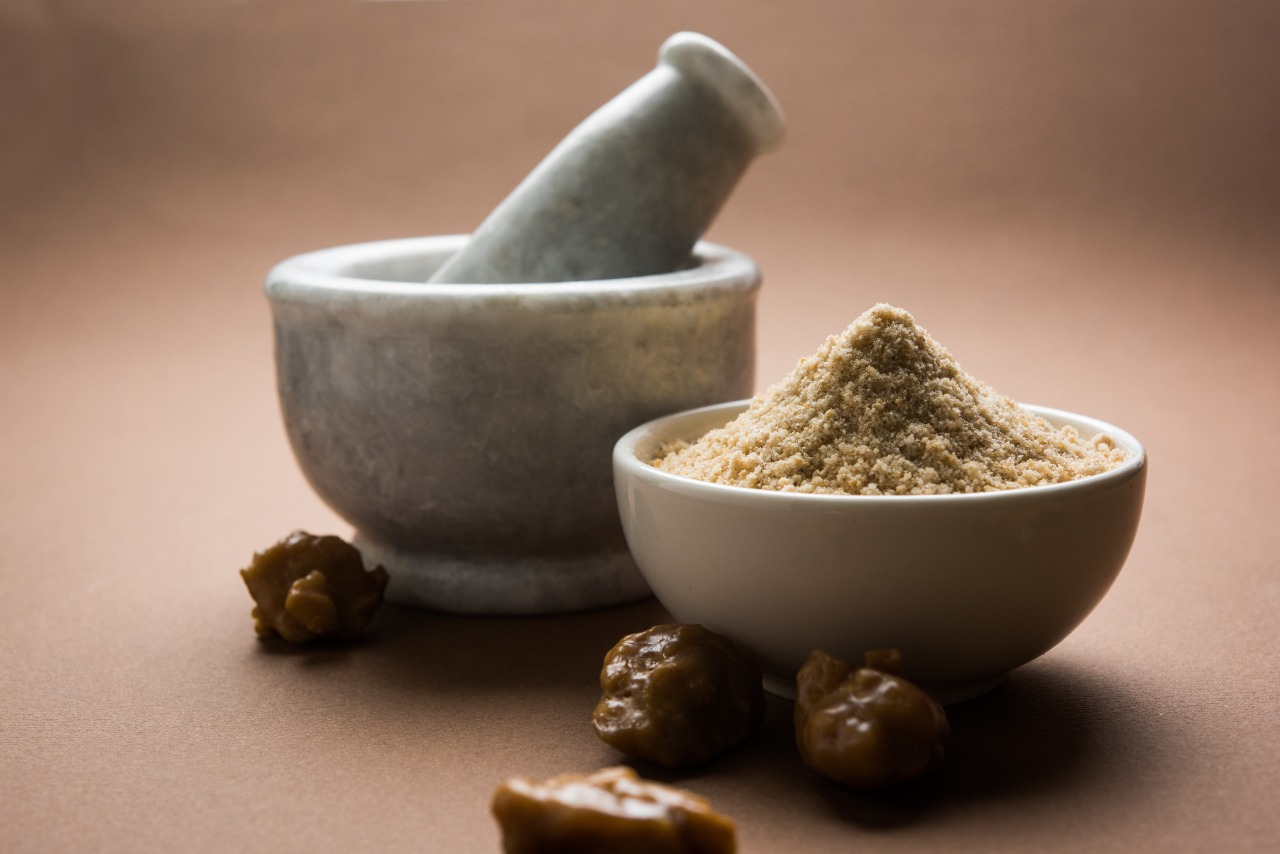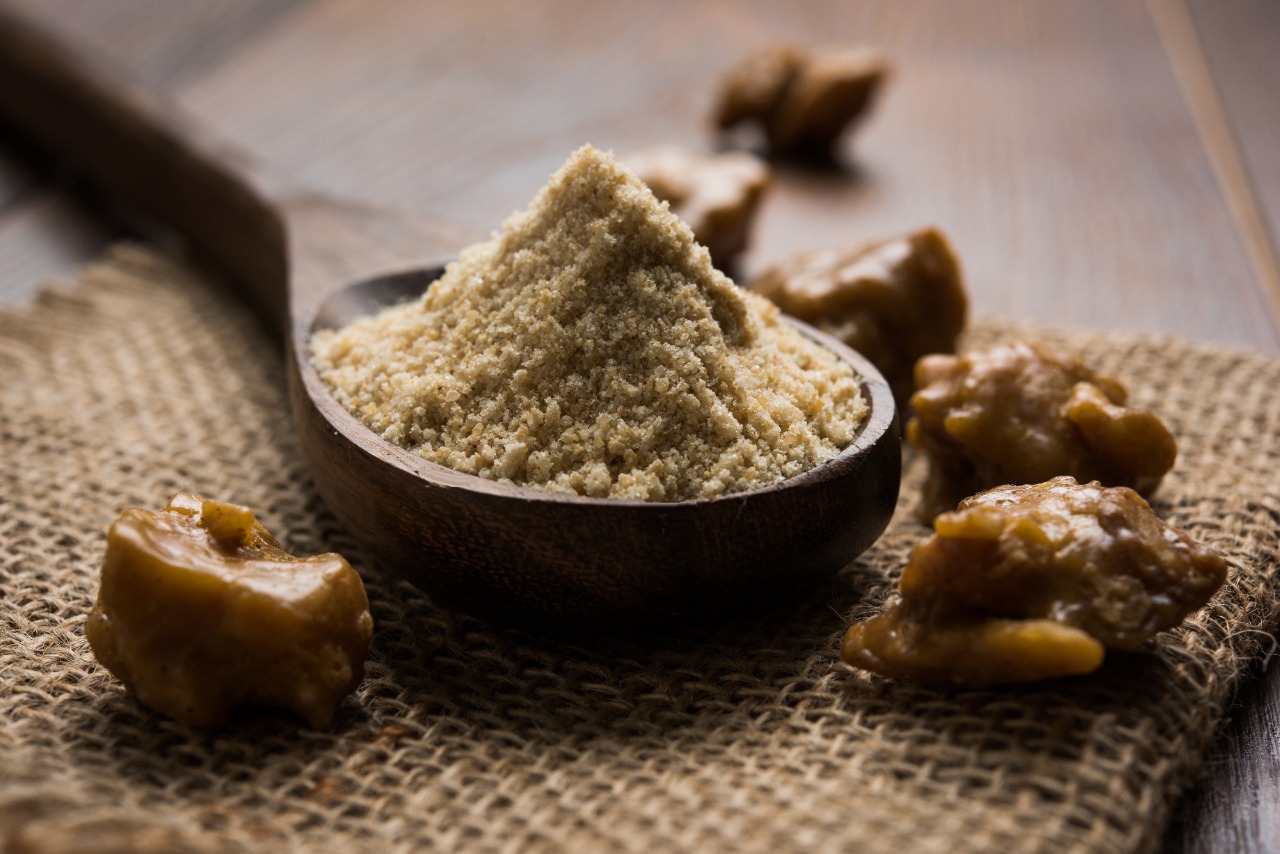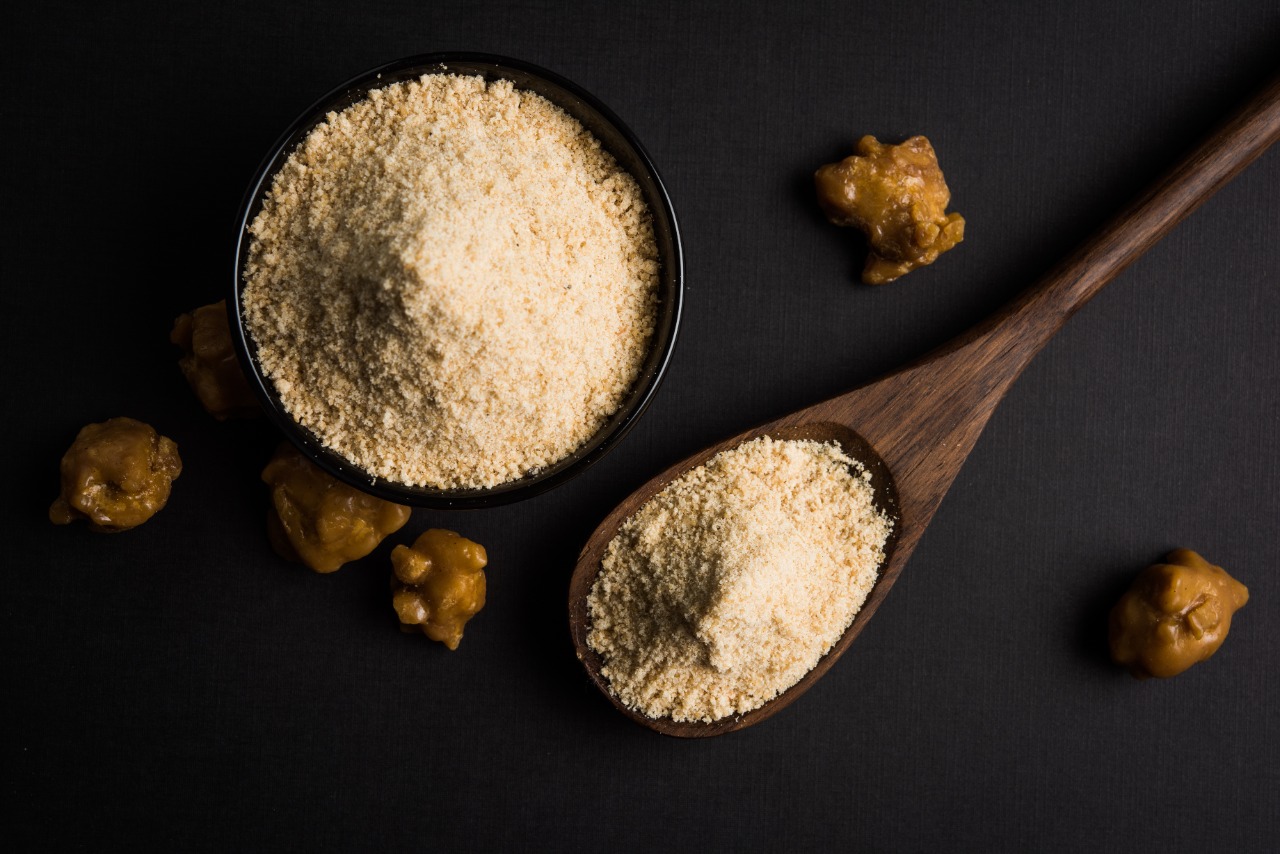Now here’s a strange tale – Asafoetida commonly known as Hing, is also referred to as ‘devil’s dung’ due to its strong taste. It is also called ‘food of God’ because it is good for you. For Indians, this ‘devil’s dung’ or ‘food of God’ is one of the most essential spices used in various cuisines.
Asafoetida is extracted from the roots of the plant Furela that produces a strong and pungent odour. It is used in various Indian dishes as it enhances the flavours of the preparation and gives the food a unique and balanced texture.
This spice is often confused with Ajinomoto – a kind of salt commonly used in Chinese cuisine but both are quite different in taste and application. In India, it is commonly used in almost every kitchen as it mimics onion and garlic and is a very important ingredient for Jains since they don’t consume these food items.
Diving further into history – Asafoetida was discovered by Alexander the Great’s army while crossing the Hindu Kush mountain when they came across the Furela Asafoetida plant and mistakenly thought it was silphium that is used to tenderise meat.
Liebherr has got you covered with some essential points of Asafoetida or Hing that every Indian household needs to know:

Nutritional Facts
Medicinal Values:
Asafoetida has a few traditional medicinal applications, especially in India. It works as a secret weapon and is used to cure gastric issues, whooping cough, ulcers, provides relief during menstruation and the list goes on! It is also used in various ayurvedic medicine but due to the growing applications of modern medicine, Asafoetida’s reach hasn’t expanded.
Benefits:
Asafoetida is highly beneficial as it has various nutritional elements like calcium, fibre, carbohydrates, potassium, iron and so on that also help improve skin conditioning.
One can use it in various dishes where hot oil meets this spice and adds varied flavours to the cuisine. It is used while adding a tadka to your dal, curry and soup or while preparing vegetables.

Storage
How to store Asafoetida?
Using the right container to store your spices is essential to preserve the aroma and quality for a longer duration. And due to a strong odour, Asafoetida can be stored unrefrigerated at a normal temperature in an air-tight container. But storing this spice in the refrigerator during the monsoon can help reduce exposure to moisture.
With Liebherr’s specially designed SpiceBox, the spices can be stored separately in your refrigerator to preserve the quality and aroma.

Precautions
This ‘stinking’ spice is a common ingredient in the kitchen but may not be safe for all. Hence taking precautionary measures is really important. Asafoetida may even have side effects on pregnant or breastfeeding women and children due to its warm nature, therefore it should be avoided in such situations.
Spices are undoubtedly like the colours in a painting. Diverse colours bring a picture to life, and food becomes truly enticing with the flavours of various spices.
With this, Liebherr vouches for this unsung hero of spices ‘Asafoetida’ that enhances flavours in every Indian kitchen!
